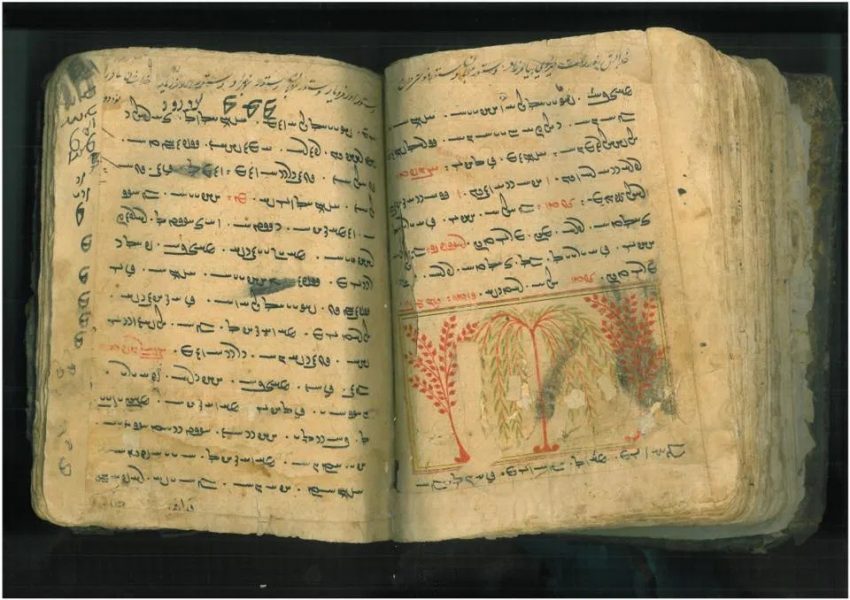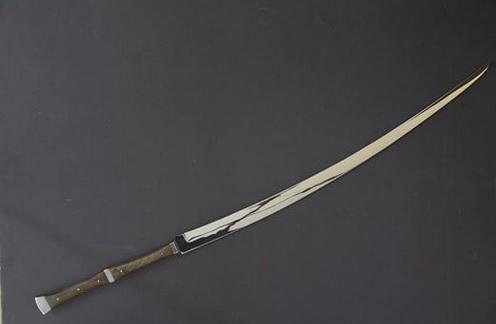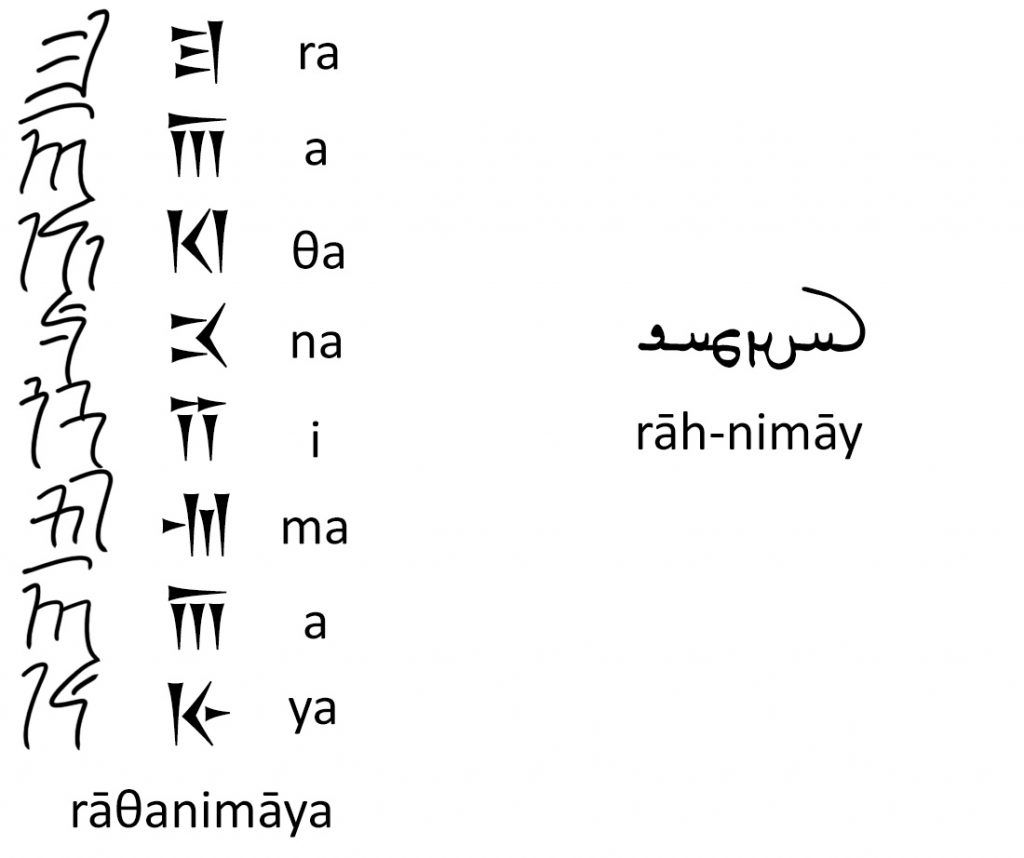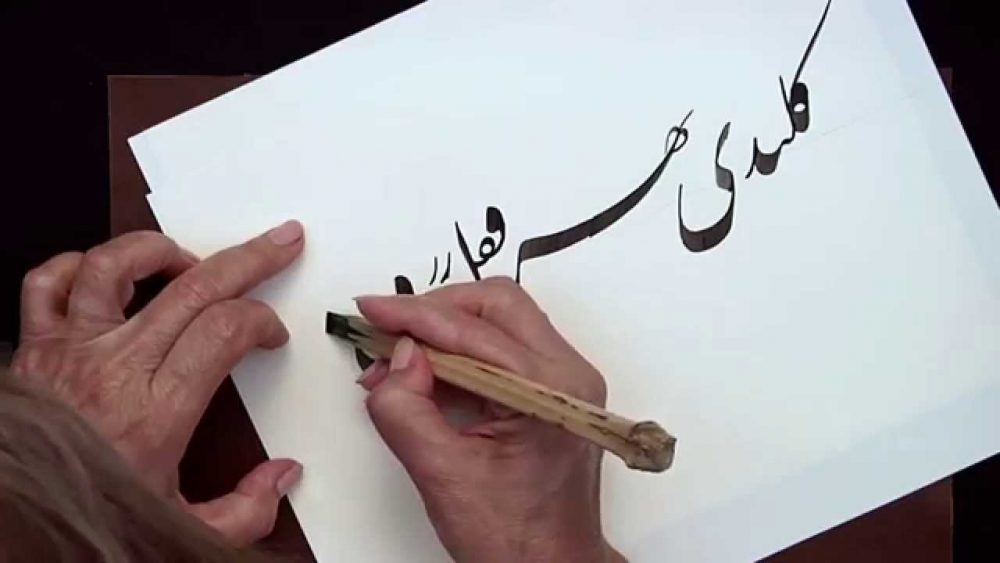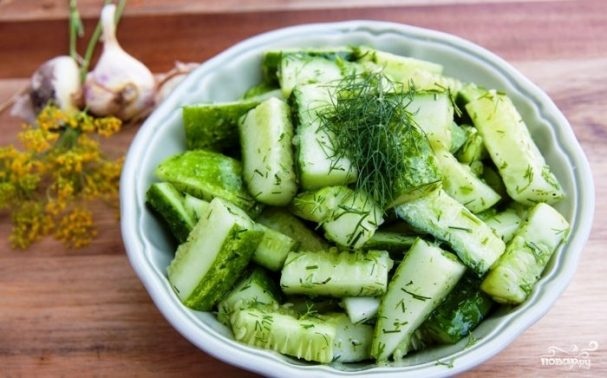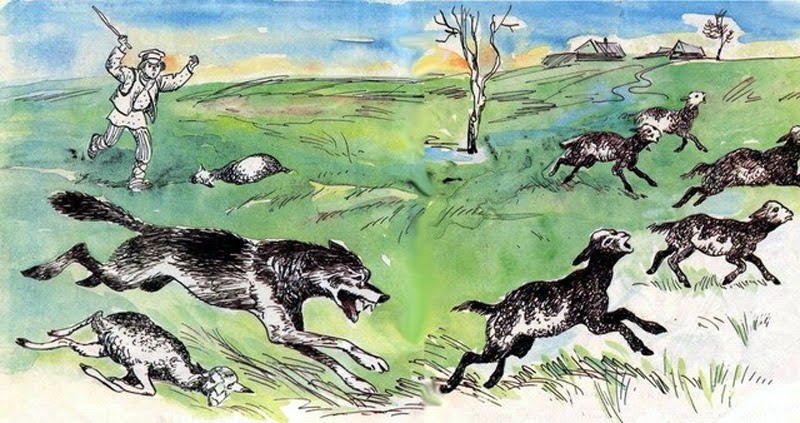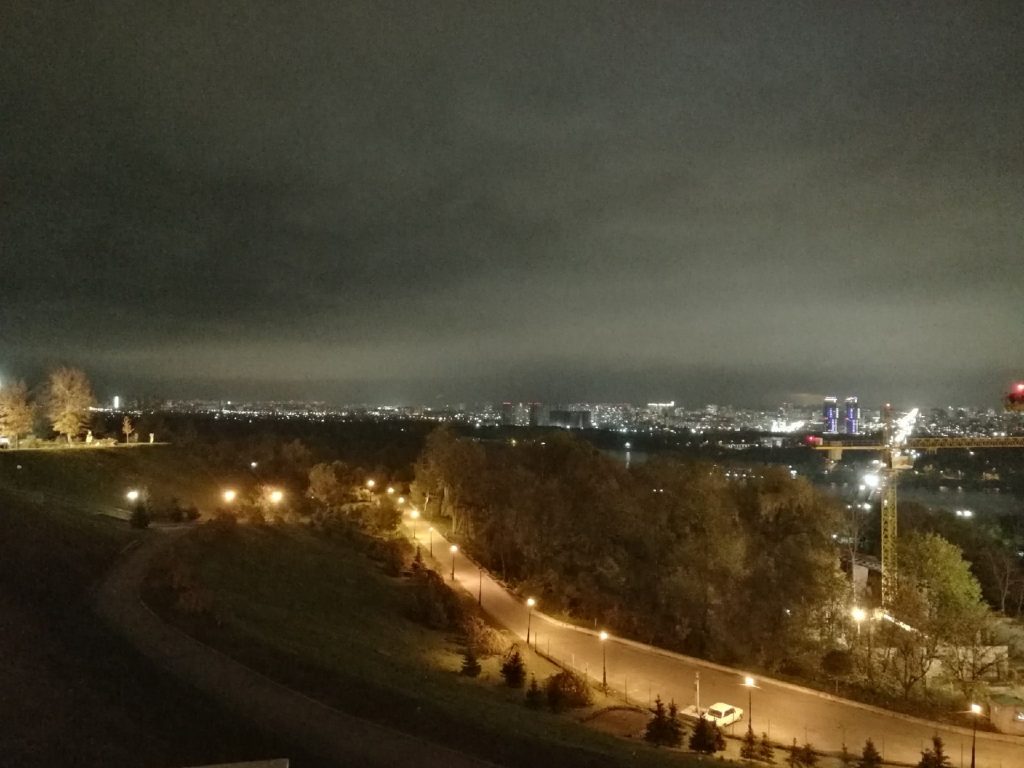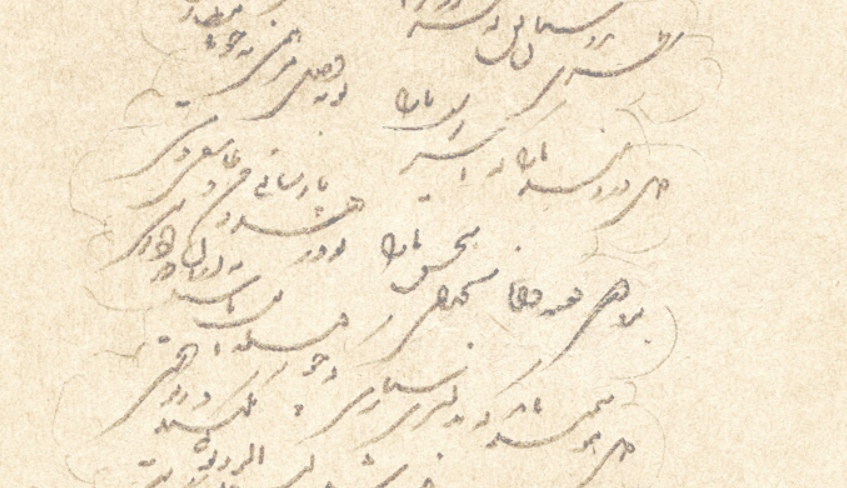Now it will be a little sad again, but in a good way. Someone nameless describes the funeral of the Glinar elves, which he somehow managed to attend. Since then, the traditions have changed little, but nevertheless:
"Usually an elf senses the approach of his death long before, three or even four months. Then he hurries to finish his business; it is not customary to tell his relatives about it - they will hardly be able to prepare themselves in spirit, but they will definitely grieve until the funeral itself.
The elf writes a note in advance, asking to be buried one way or another. This is usually how it happens: either the body is carried on a boat to a wide and fast water and allowed to float, or it is carried to a clearing free of trees and burned. The Edevais then flows through other cities, so here in Sordava, they usually only burn.
When an elf dies, some sense it somehow. They do not hurry, but they do not linger; they do not wait for a number of days, or for dawn or dusk. They carry out the body, undress it and wash it; the hair, if it is long, is braided in a special way. Then they anoint the face and hands with incense and dress it in white clothes.
It’s really scary to watch as they go to bury a husband who looks very young.
And then everyone gathers around and carries the body on their shoulders and arms to the burial place. They don't cry or tear their hair out, but they don't have fun either - they sing. They sing a song so sad that my whole body trembled just hearing it - but I couldn't make out a single word. When I asked later, no one answered.
Then they put it on a high woodpile, doused with oil, and set it on fire. The ashes and remains of the bones, when they burn out, are carried far away from the city and left there.
I don't know how it is in other places, but here the Queen herself gathers everyone in her chambers and under them, and the whole city drinks and eats all day, and then the night - and then another day. They quietly remember the deceased and his life; sometimes they laugh quietly, and sometimes they cry quietly. Life almost stops for those eighteen months.
But then the tables are packed and the elves leave - and the whole city wakes up from its sleep again. They no longer grieve or mourn - at least not in the public eye. But I am sure they remember such things better than anything else."

